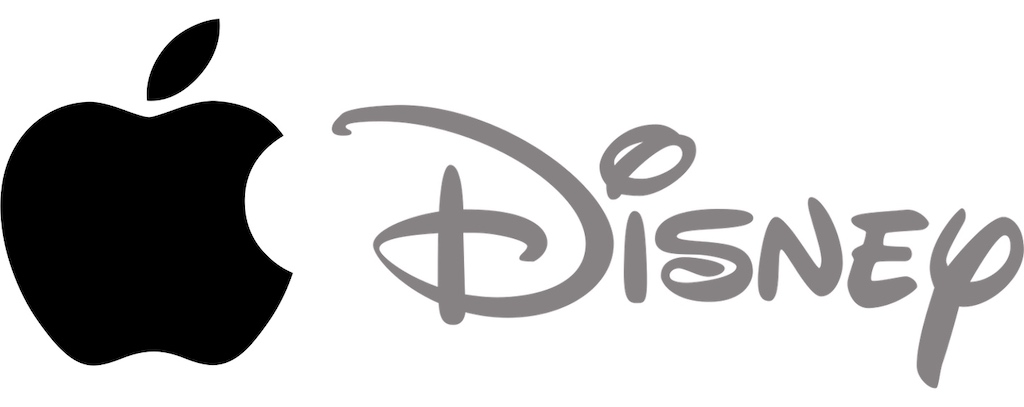When asked whether it is a good development that there are more and more gender-neutral toilets, 41 percent of the respondents say no. 29 percent say they think this is a good development, and 28 percent don’t care.
More than a third (36 percent) do not think it is a good development that NS now addresses travelers with ‘dear passengers’ instead of ‘ladies and gentlemen’. An equal proportion of the respondents do not care, while 27 percent think it is a good idea.
School
LAKS’ proposal to also use gender-neutral forms of address in schools can count on even less support. Only 22 percent think this is a good idea, while 46 percent don’t think this is a good development.
Several participants in the panel have strong opinions about the increase in the number of gender-neutral toilets. “We are going too far in the Netherlands with regard to that gender thing. Just choose a toilet that you want, if you feel or are you a woman, then you go to the ladies’ toilet and the same with men,” said one of the respondents.
Another participant doesn’t see the problem that way: “We’ve had a gender-neutral toilet at home as long as I’ve been alive, so I don’t understand all the fuss.”
Rainbow Europe Index
Freya Terpstra, spokesperson for Transgender Network Netherlands, is not surprised by the results of the study. “We know from previous studies that the acceptance of people who do not identify themselves unequivocally as male or female in the Netherlands is still very limited,” she says. “For example, the Netherlands has been falling on the European list for LGBTI rights for years.”
The Netherlands dropped one place on the Rainbow Europe Index this year, just like last year.
According to Terpstra, people are more often reserved when it comes to cultural changes, but many changes also pass people by. “People see or hear something they’re not used to, and if you ask them about it, they take a position on it. But in many cases, people don’t notice that they’re going to a bathroom with a ‘WC’ icon instead of a gender icon, or being addressed in a non-gender way.”
Identity card
This could also be the case if the indication ‘m’, ‘v’ or ‘x’ disappears from the identity card. From 2024 or 2025, the government will stop indicating gender on identity cards. Half of the respondents think that this is not a good plan, only 17 percent are in favour.
Many people are therefore not in favor of this plan, ‘but it is not a social issue that there is no sex registration on the driver’s license,’ says Terpstra.
According to the spokesperson for the Transgender Network, it takes time for society to get used to changes, but it is important for the inclusion of non-binary people that they are accurately represented.
“In addition, small facilities within organizations, such as options where you can determine whether you are addressed as Mr./Mrs. or your first name, are very valuable for a large group of trans and non-binary people,” says Terpstra. “These types of inclusivity facilities have a positive impact on the well-being and safety of this group, so the importance of this should not be forgotten.”
Canal Parade
The Canal Parade will be held this Saturday, the highlight of Pride Amsterdam. During Pride, attention is drawn to the rights of LGBTQ+ people.
A large majority of the participants in the RTL Nieuwspanel (58 percent) think it is good that there are events such as Pride. 23 percent disagree.
However, only a small part (20 percent) of the respondents think that Pride contributes to a better acceptance of LGBTIQ+ people. 30 percent think that it actually reduces acceptance, 46 percent thinks it doesn’t contribute, but doesn’t do any harm either.
2023-08-02 07:03:46
#support #genderneutral #initiatives #dear #travelers


/data/photo/2023/08/02/64c9c64ecb132.png)